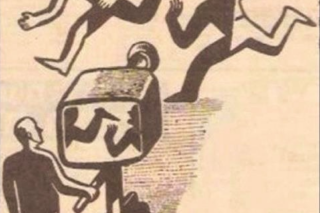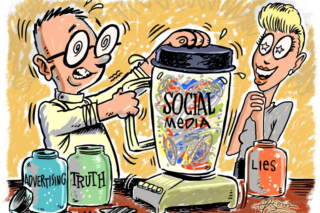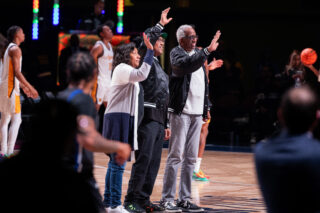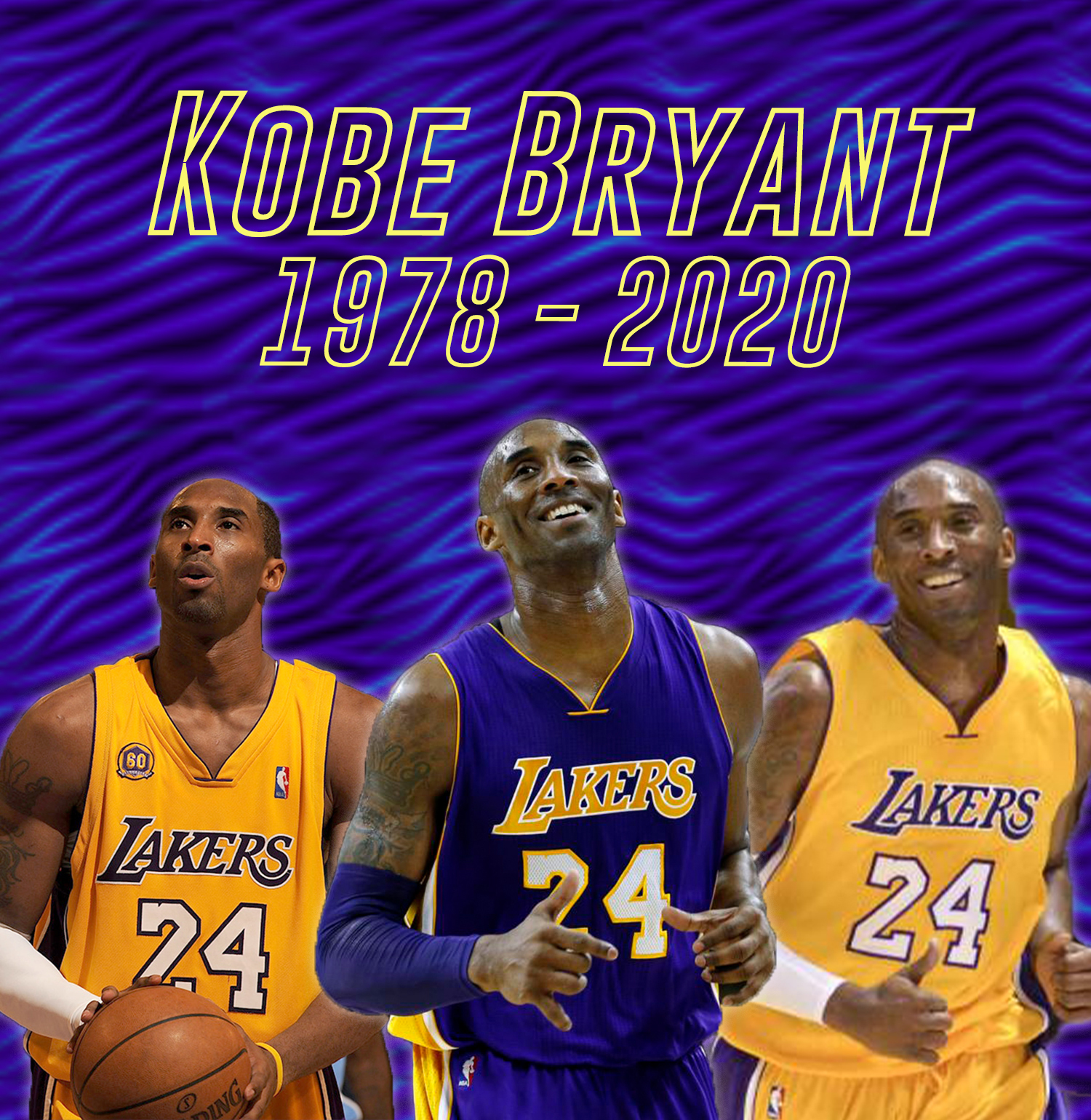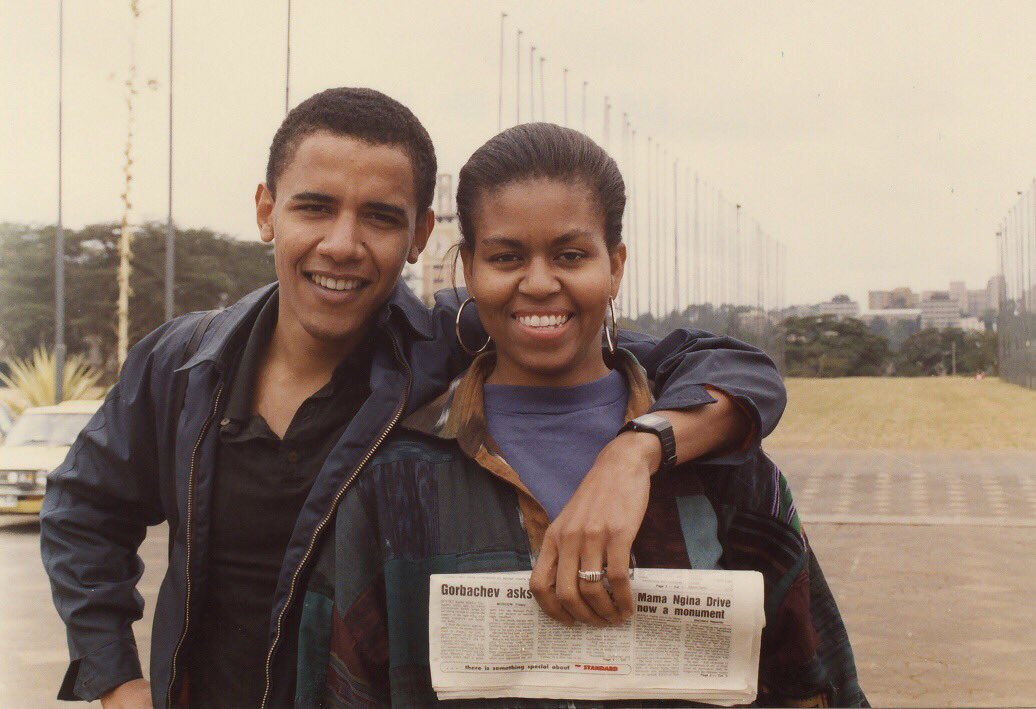Kayden Molock, Staff Writer
Vanessa Bryant made an Instagram post last week detailing her feelings towards the passing of her husband, Kobe Bryant, their 13 year old daughter Gianna and the other 7 lives that were lost in the tragic helicopter crash.
Bryant described her grieving process and the influx of emotions that come with it. Vanessa’s raw take on grief has caused me to evaluate how Kobe’s death affected me as a Black man and how I processed his death.
I was sitting at a coffee shop doing homework with one of my best friends, a Kobe Bryant superfan when I got the news. I continuously stared at my phone refusing to believe the tweet I had seen from TMZ that Kobe Bryant died in a helicopter crash in Calabasas, California.
The first thought that came to my mind was his sexual assault allegations.
As I got older, I continued to read the details of the case and became increasingly uneasy. The significant number of people in my life that I’m close to who are survivors of sexual assault caused me to constantly evaluate my feelings toward Kobe Bryant while he was alive. I struggled with understanding if I were wrong for immediately thinking of Kobe’s accuser and how his death and likely immortalization would impact survivors of sexual assault.
I had countless ambivalent thoughts and emotions after his death. His sexual assault allegations cannot be ignored and neither can his brilliance. I didn’t know if I was allowed to appreciate Kobe’s greatness after questioning his character while he was living.
And then the news of his daughter’s passing came in as well as the other 7 lives lost in the plane crash.
Before being able to grapple with my feelings towards Kobe’s death I had to then process the loss of everyone else on the helicopter and how their families and loved ones would have to deal with this situation.
It immediately became too much for me to think about so I did what a lot of Black men do when they are overwhelmed with emotion — put them to the side and enter a state of numbness. I knew this numbness wasn’t healthy, but it allowed me to escape from having to wrestle with my emotions for the time being.
I attempted to act as if everything was normal by hanging out with my friends to escape my own emotions. All of us had our own different feelings towards Kobe’s death, but none of us dealt with them initially.
Later, I asked another one of my friends for a hug because of how I was feeling, which initiated a long conversation on our feelings towards the suddenness of Kobe’s death and his legacy. That hug was symbolic of me putting my hypermasculine notions towards displaying emotions to the side.
I went back to my dorm room that night and couldn’t stop refreshing my Twitter feed, waiting to see what the next response would be to Kobe’s plane crash. I found myself looking at stories from Kobe’s close friends and members of the media who had interactions with Kobe. I became captivated by his mentality, as much as his physical ability, Kobe had something that I continue to strive for — the inability to accept being average.
The next morning I woke up and watched Elle Duncan’s now famous, ‘Girl Dad’ video. I lost it and immediately began to cry. I informed my family members and close friends of how beautiful and sobering that video was.
Seeing the love that Kobe displayed to his daughters was incredible and inspiring in a time when gender reveal videos are taking over social media where fathers are often visibly upset after discovering their child will be a girl.
My varying emotions regarding Kobe’s death showed me how complex the grieving process can be. Acknowledging the positive aspects of someone while also still being honest about their flaws is never easy, but it becomes more difficult in times of loss. Understanding the complexity of someone’s life can cause you to constantly question the validity of your emotions. My seeking to justify how I felt before even allowing myself to grieve is something so many people go through.
His death also caused me to interrogate when I grieve and the perceived acceptability of it. Kobe’s death was one of the few times I have cried in the last 10 years — most recent was when my paternal grandfather died.
I’ve found myself, like many Black men, falsely believing that my strength comes from my numbness and inability to cry. I thought that by not crying, I was showing mental toughness. I only felt that it was socially acceptable to cry after the death of close family members.
Even during those times that I felt it was acceptable to cry, I still felt the need to limit my tears to signify strength to my other family members. Kobe’s death was monumental because I allowed myself to grieve without restraint.
Kobe’s death was not just unique in the number of people that it impacted, but also how Black men chose to collectively grieve after receiving the news. Kobe’s death was a time where Black men were able to grieve and openly express their emotions to others freely in a non-familial setting. We were able to share our grief with our friends and peers and not have to worry about if they would be able to understand or care about what we were going through. Kobe impacted the lives of so many Black men in a variety of ways, which seemingly allowed many to feel comfortable sharing their emotions without fear of perceived vulnerability.
It has been roughly three weeks since Kobe’s death. I’ve found myself looking over his sexual assault allegations as well as watching videos highlighting his intellectual and physical brilliance.
I now know there is no one correct way to feel over Kobe’s death. We were all justified in our initial reactions to Kobe’s death and the grieving process that ensued.
Kobe’s death sparked something that needs to become the norm: Black men being honest with our emotions and grieving process. Grieving is complex and requires vulnerability. As Black men, we owe it to allow ourselves to openly feel without restraint.


